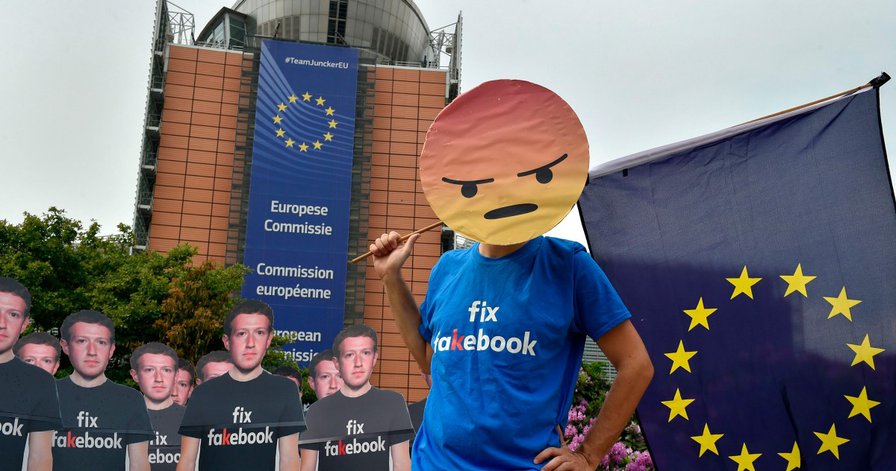Disinformation Wars – Foreign Policy – Medium

my notes ( ? )
cannot rely on algorithms ... instead need to invest in new models of social verification, too...
when online activity migrates onto decentralized applications, the security and decentralization they provide will be a boon for privacy advocates and human rights dissidents. But it will also be a godsend for malicious actors... the current methods for responding to and disrupting disinformation campaigns will no longer apply...
None of the funds are earmarked for research and development specifically on disinformation... current European initiatives to counter disinformation prioritize education and fact-checking while leaving out AI and other new technologies.... The emergence of decentralized applications presents policymakers with a rare second chance... legislators should continue to push for reforms in the digital advertising industry.
Read the Full Post
The above notes were curated from the full post medium.com/foreign-policy/disinformation-wars-290fd8818f89.Related reading
More Stuff I Like
More Stuff tagged blockchain , ai , disinformation
See also: Content Strategy , Social Media Strategy , Digital Transformation , Blockchain, Crypto, NFTs etc , Innovation Strategy , Social Web , Media , Science&Technology